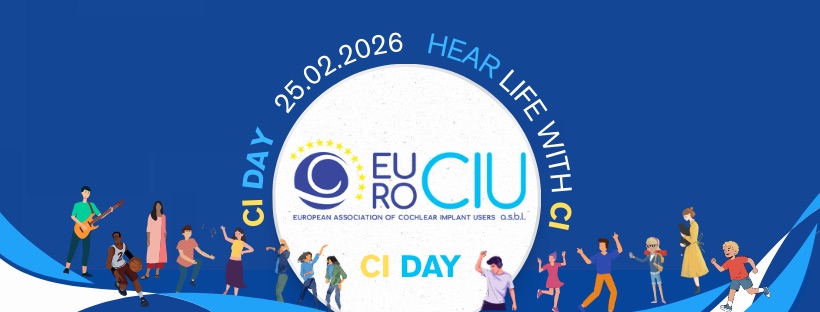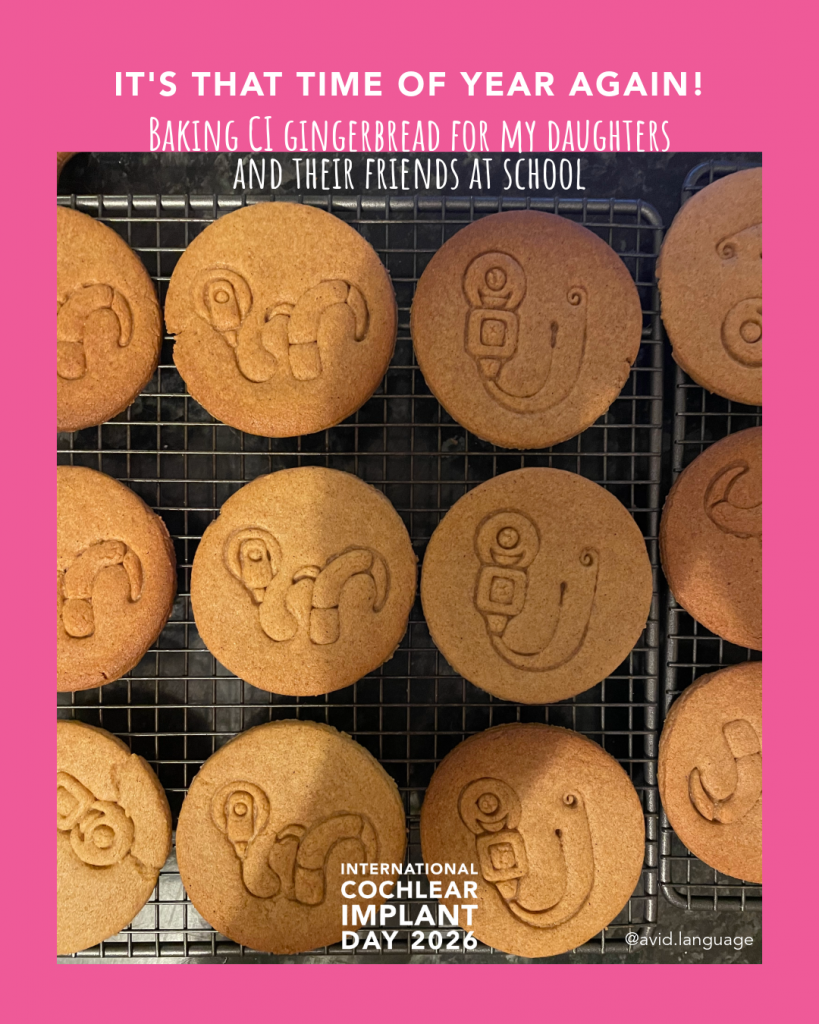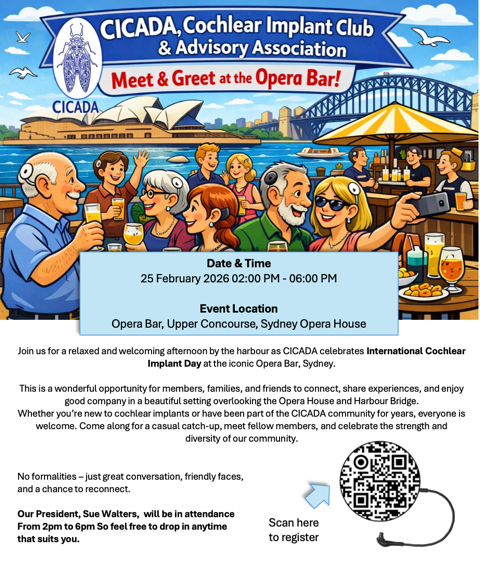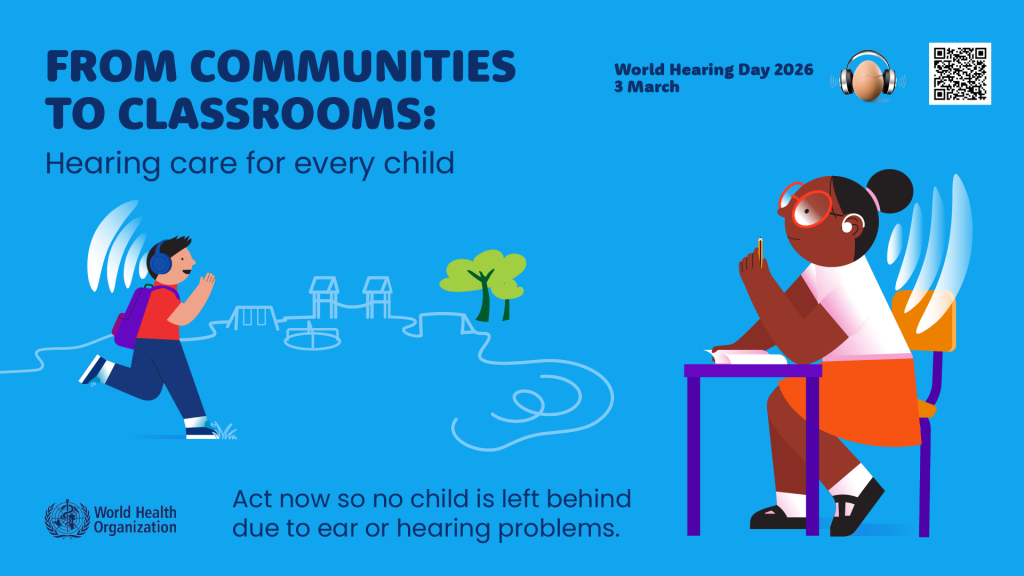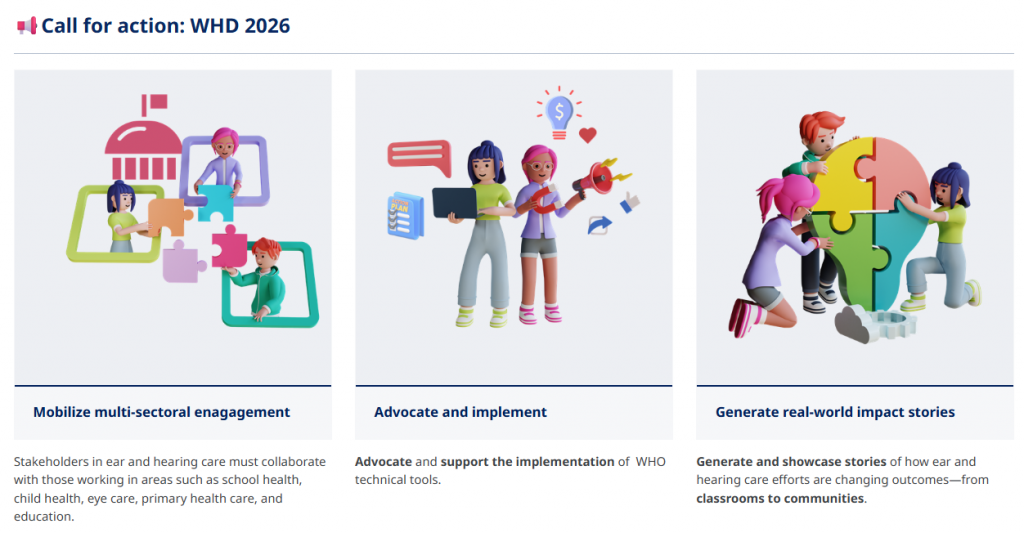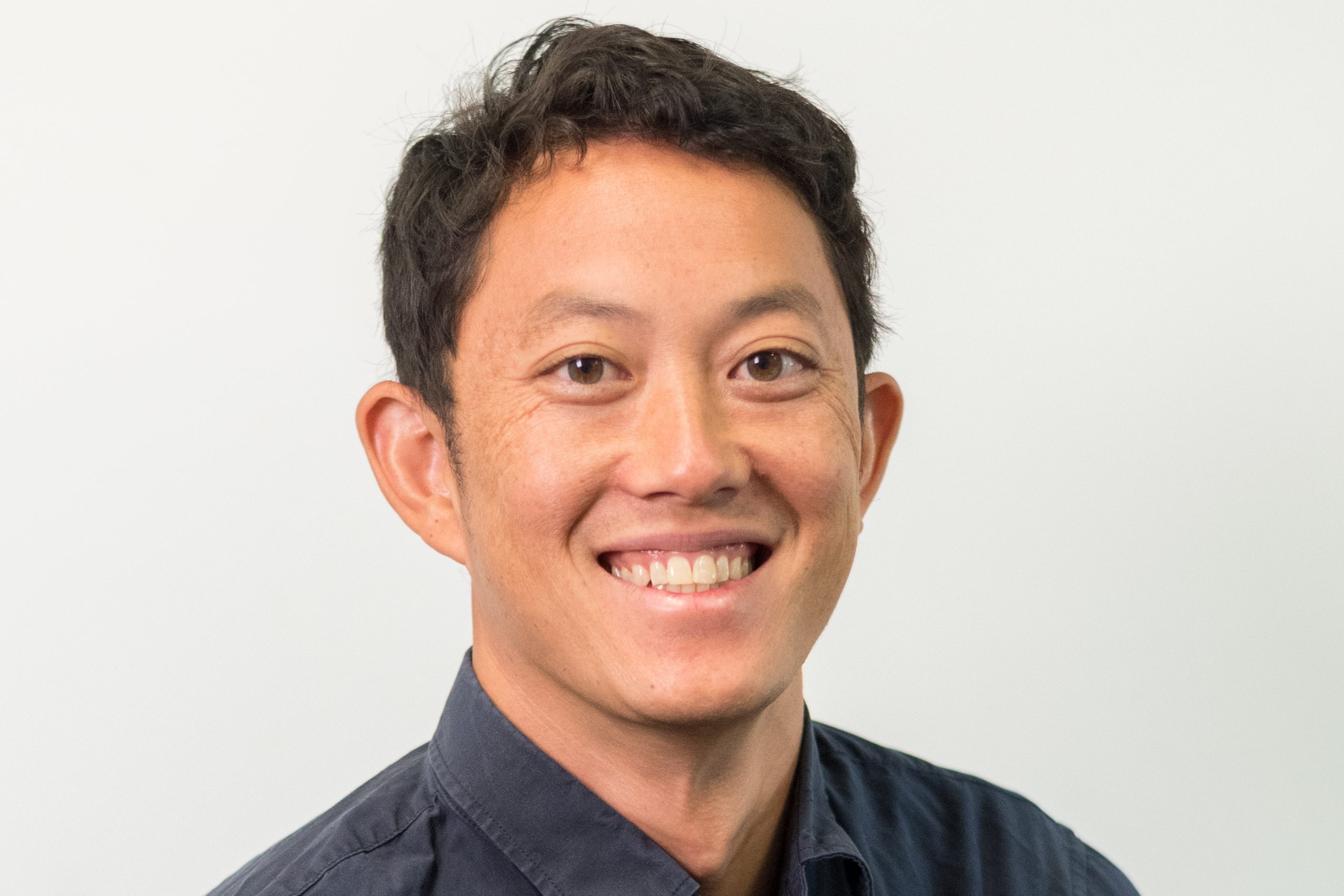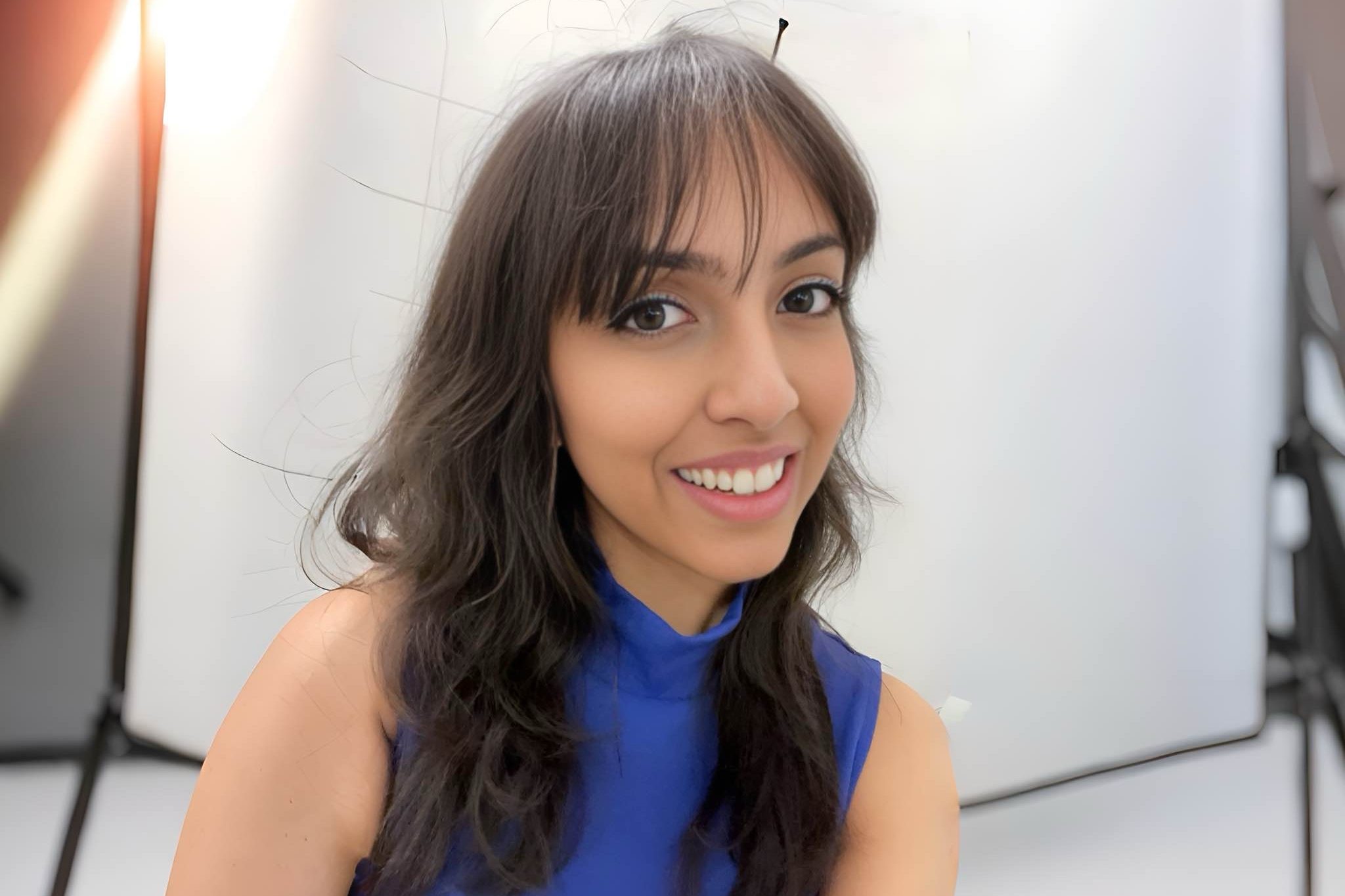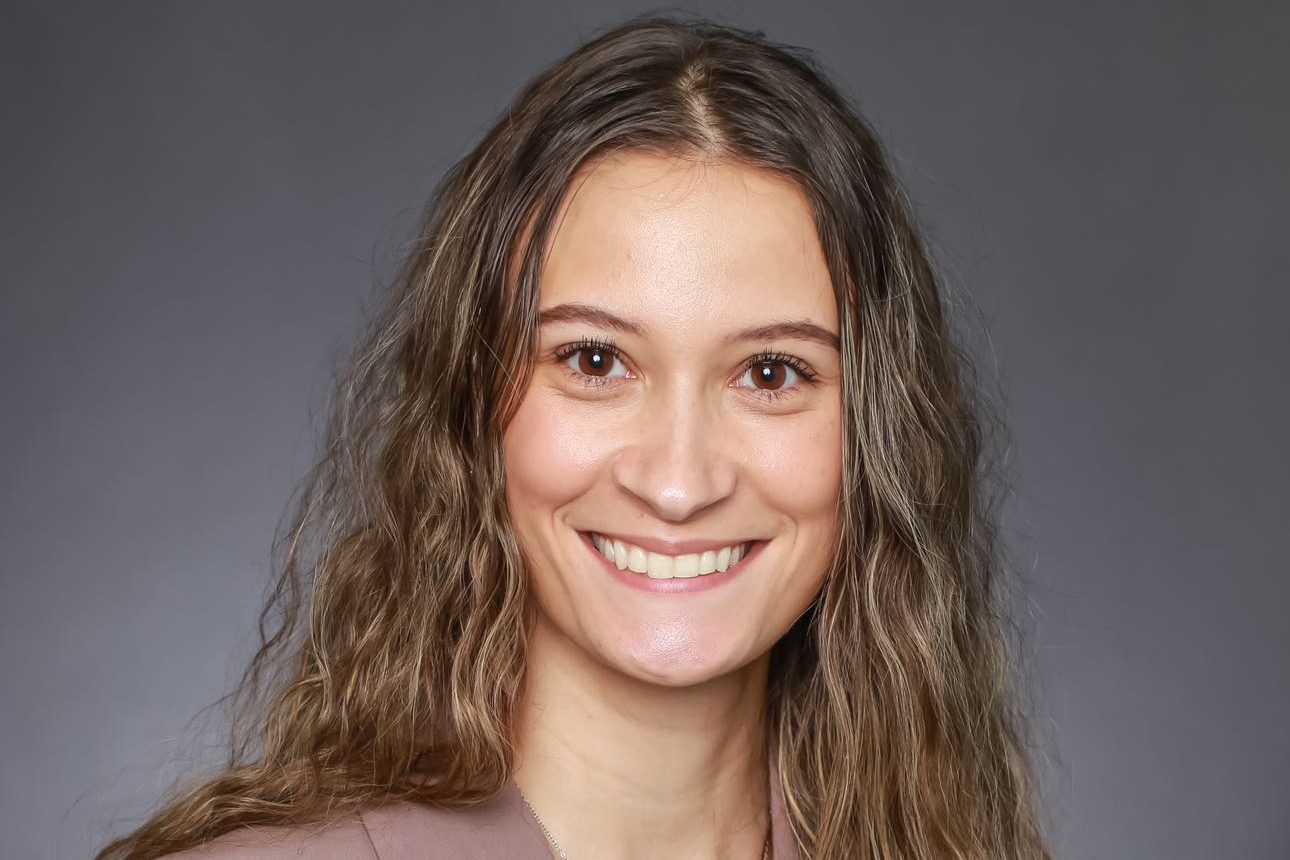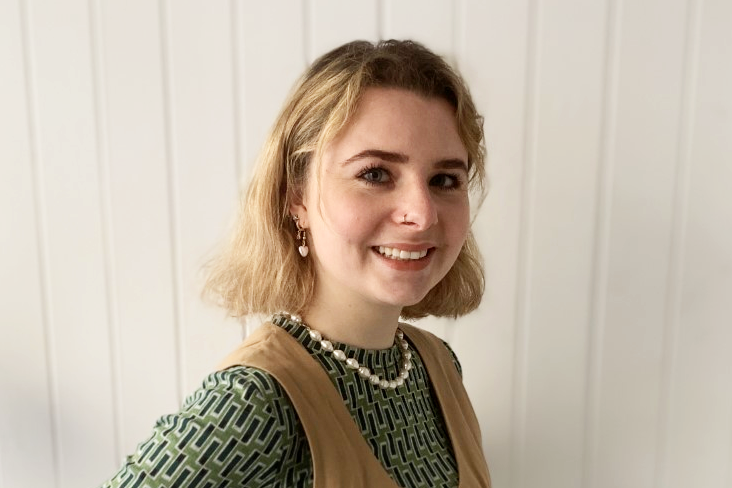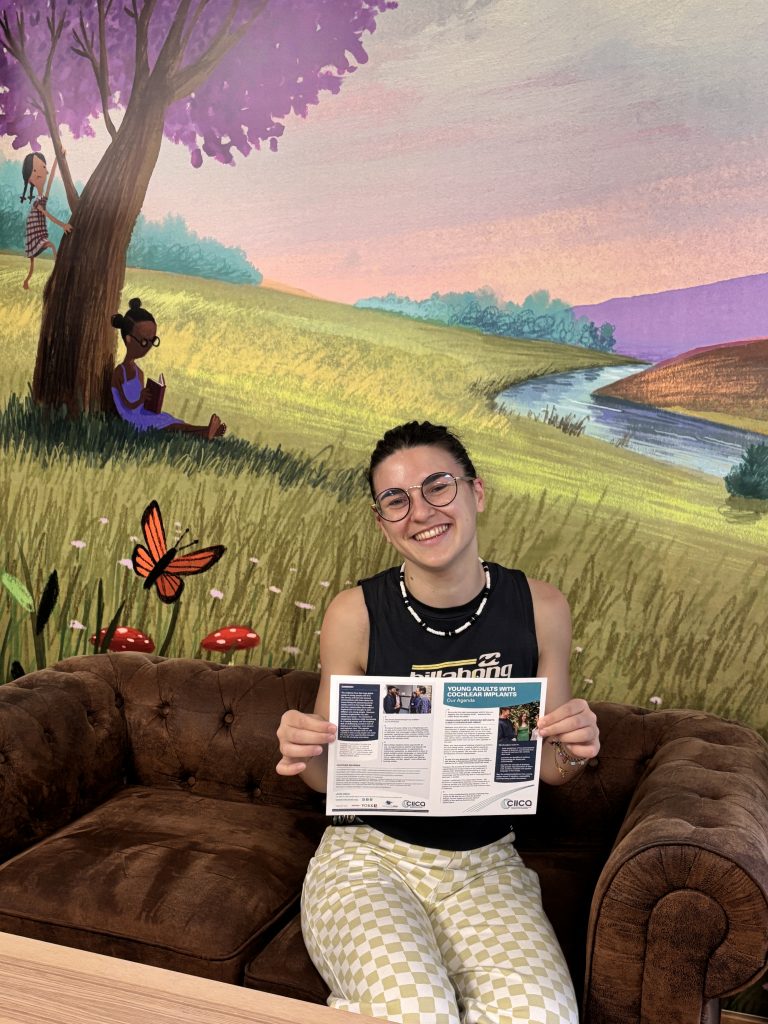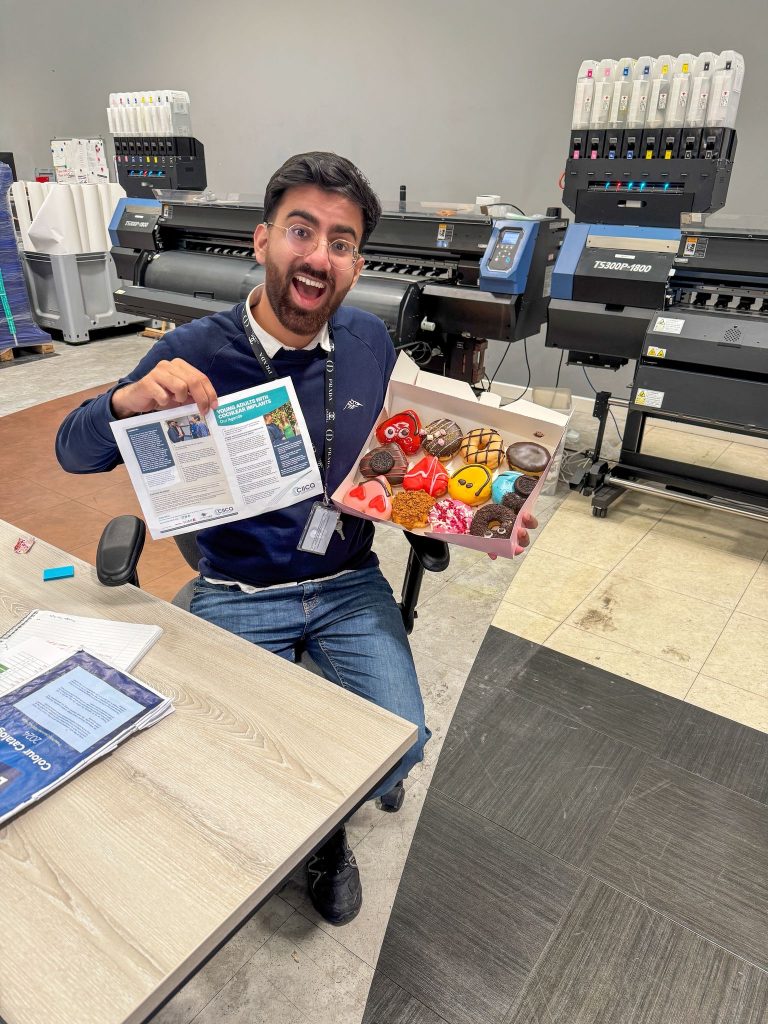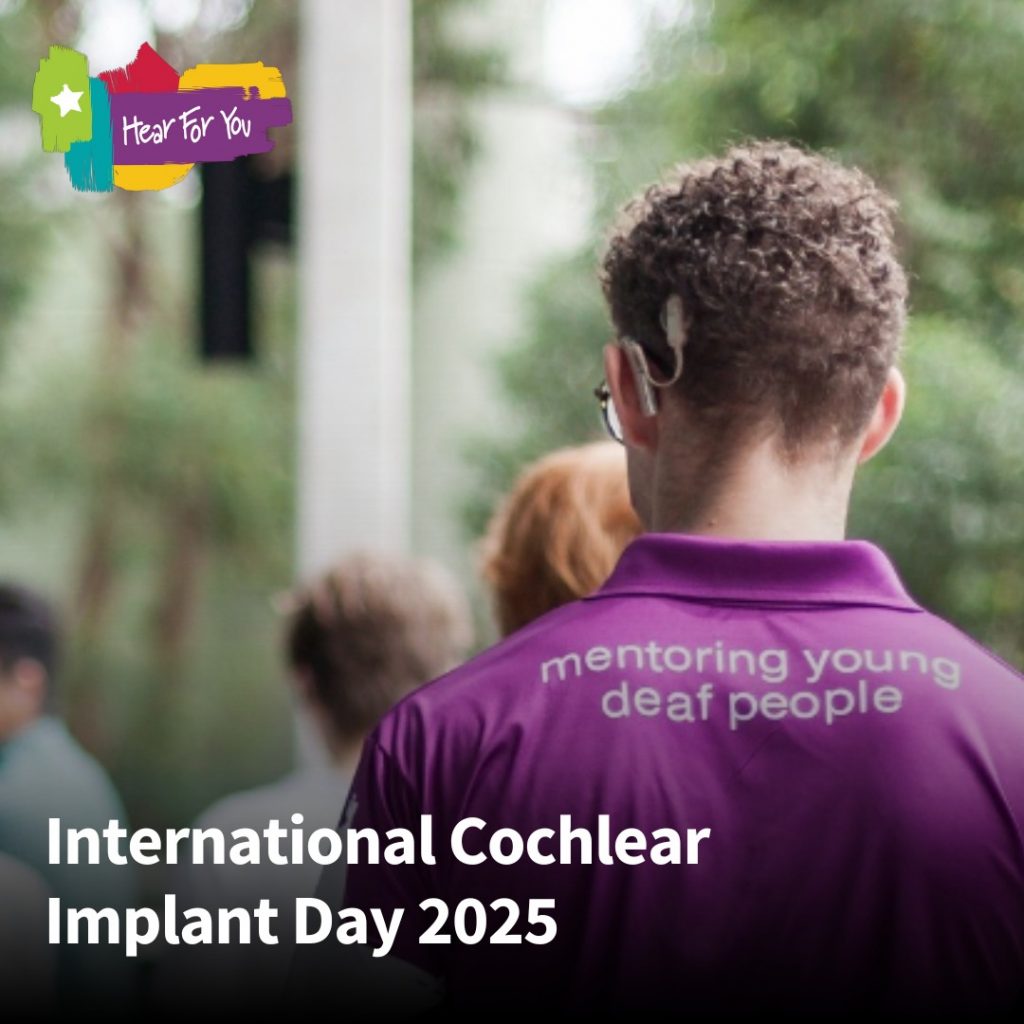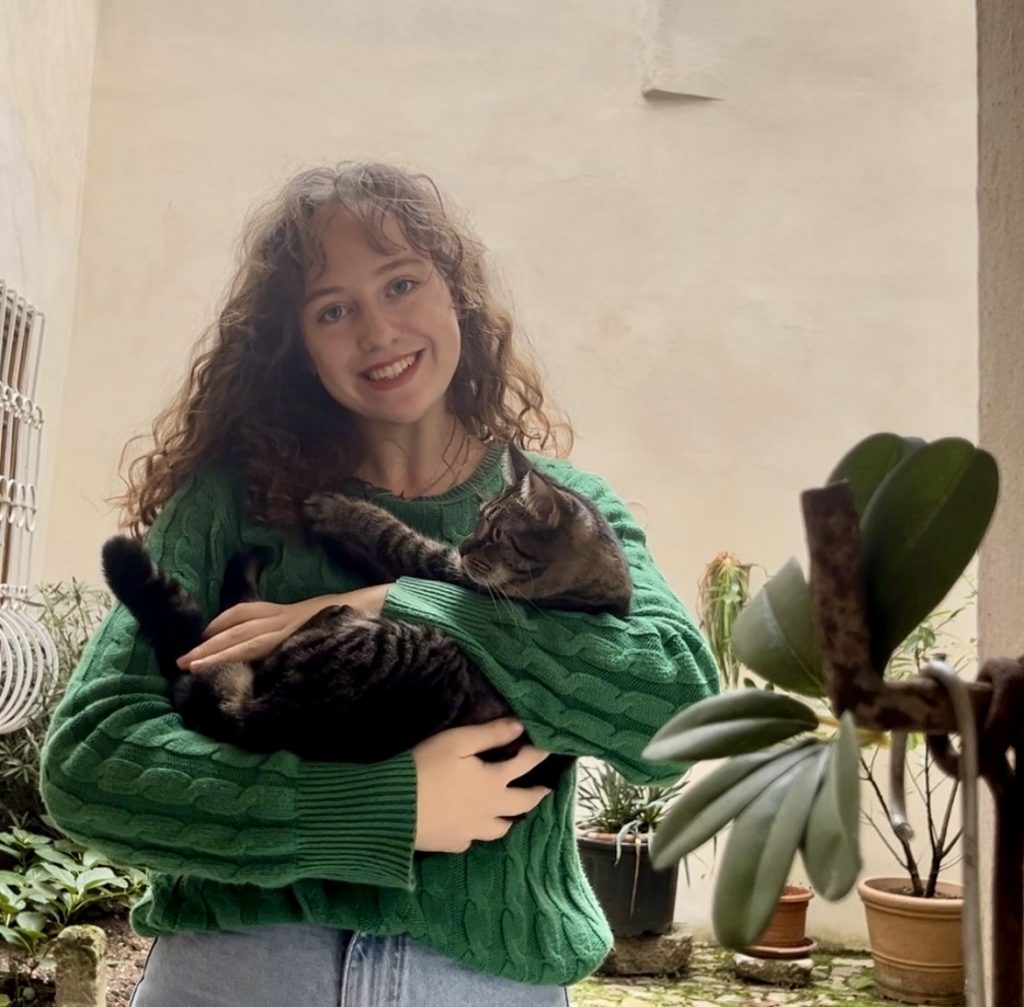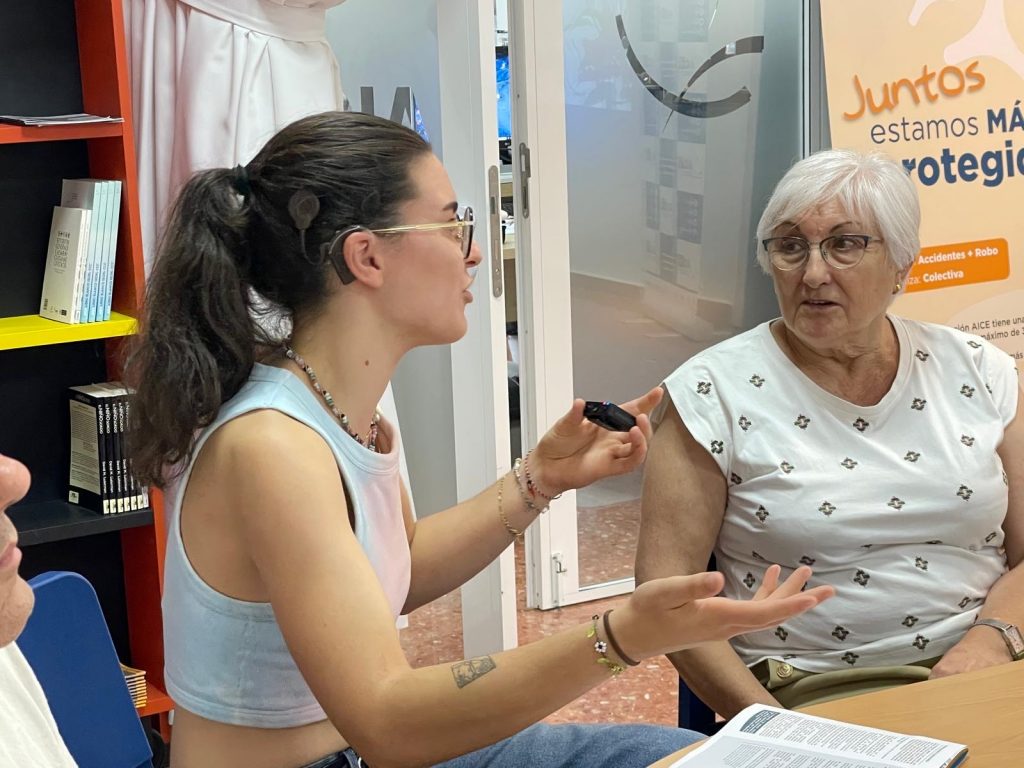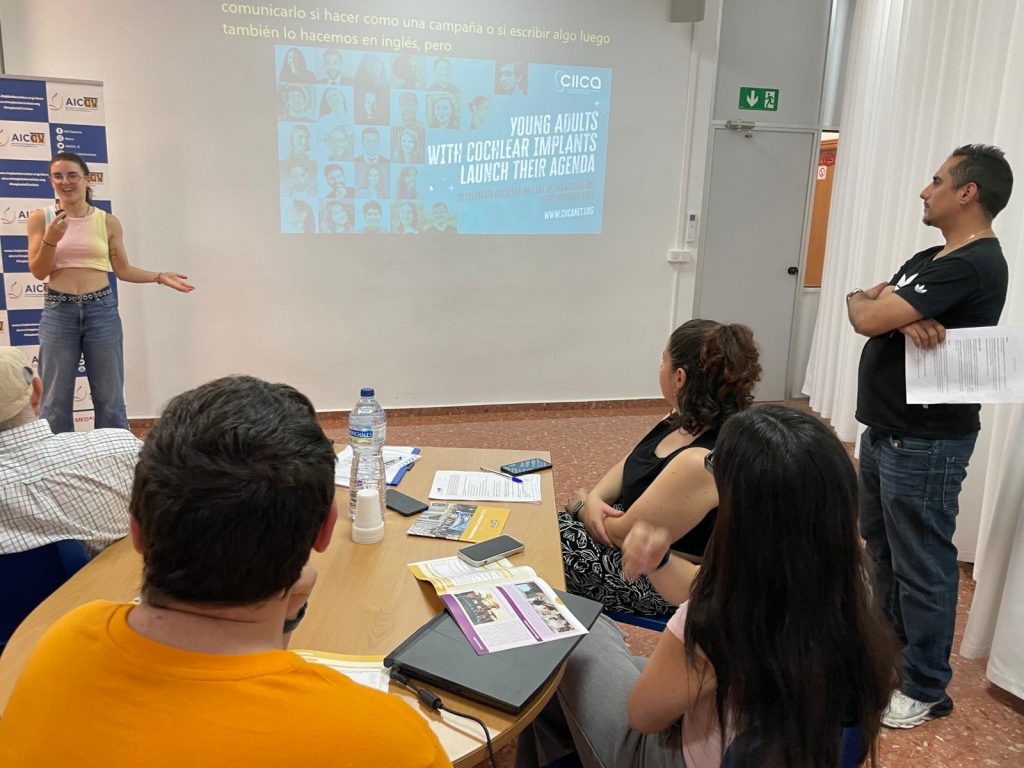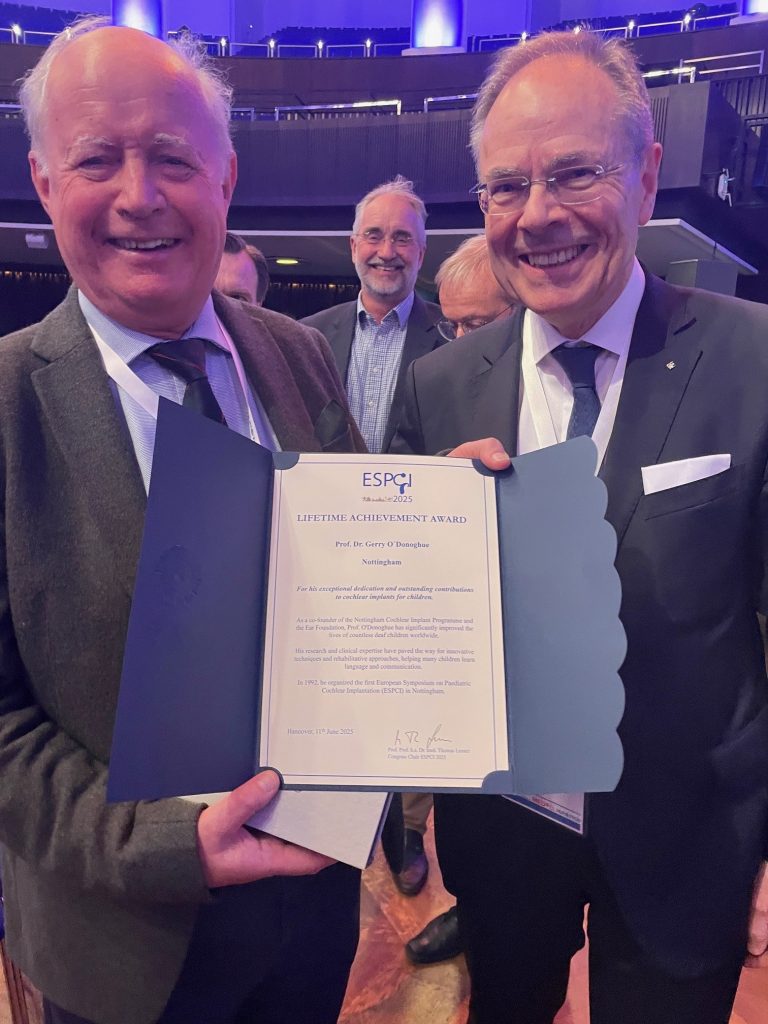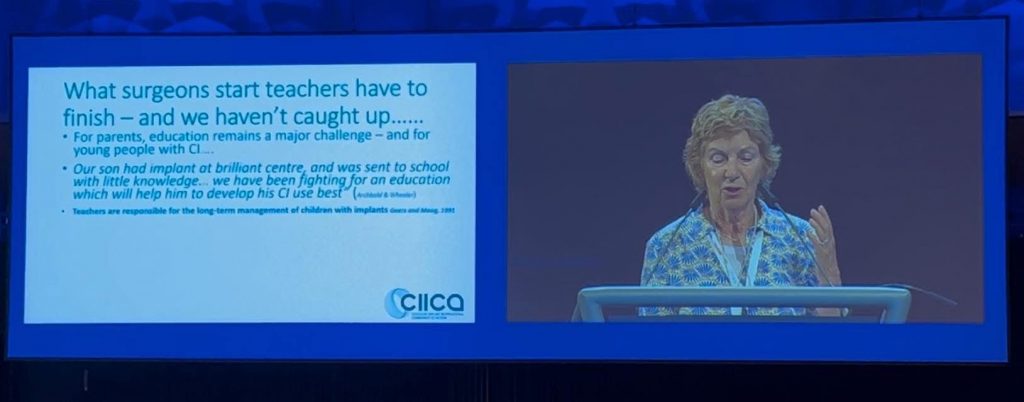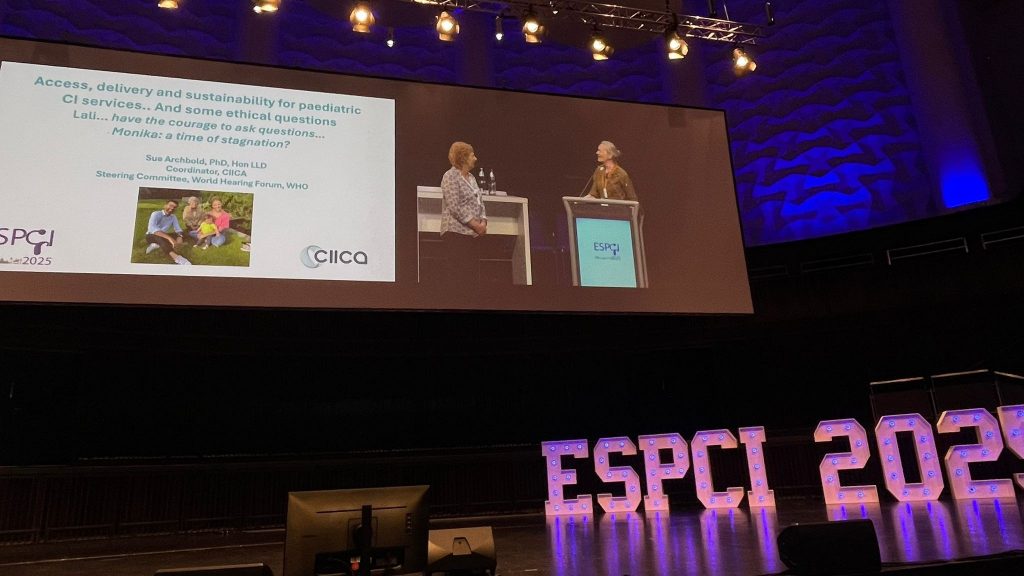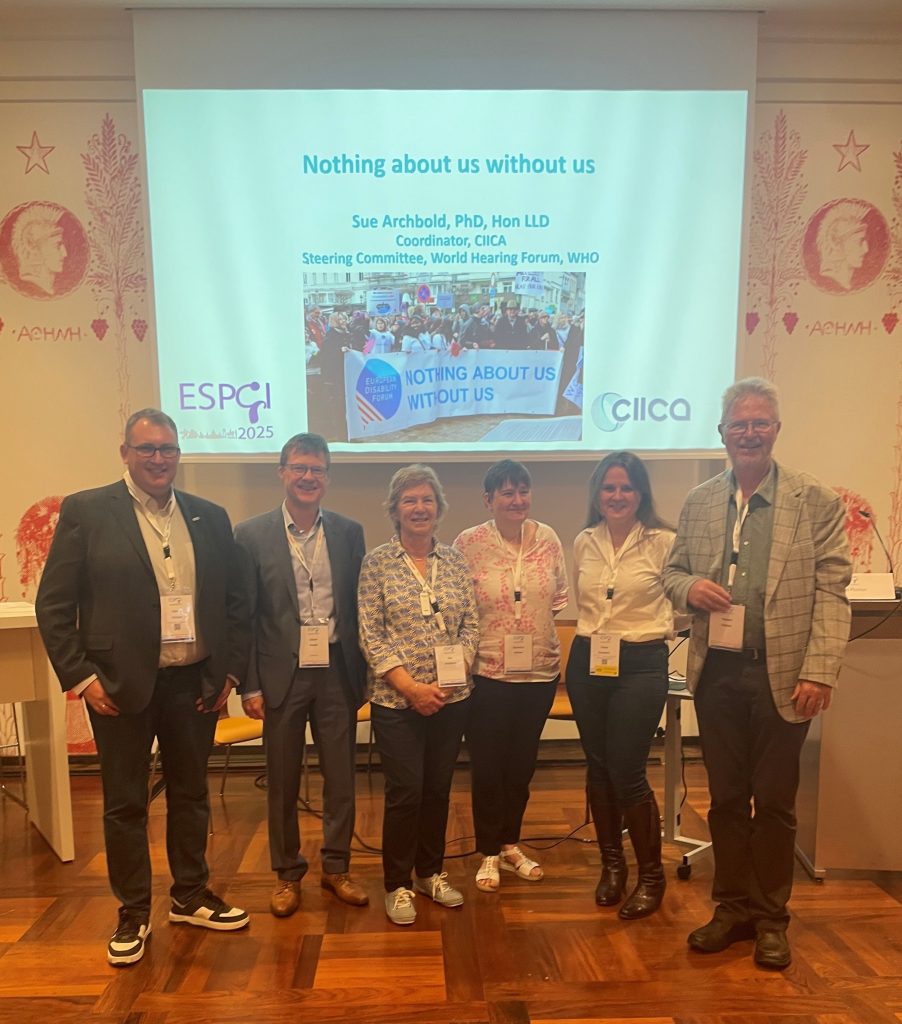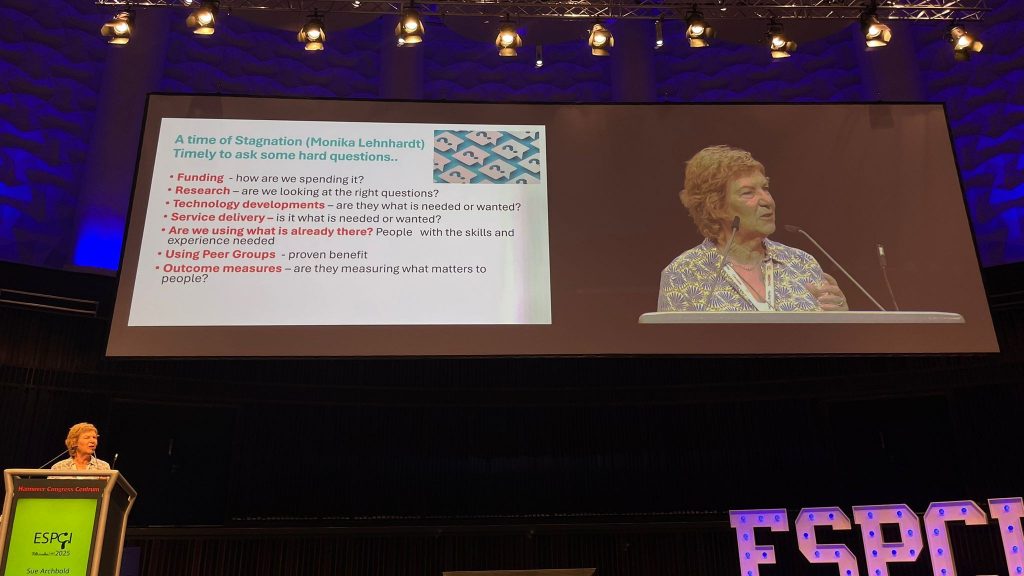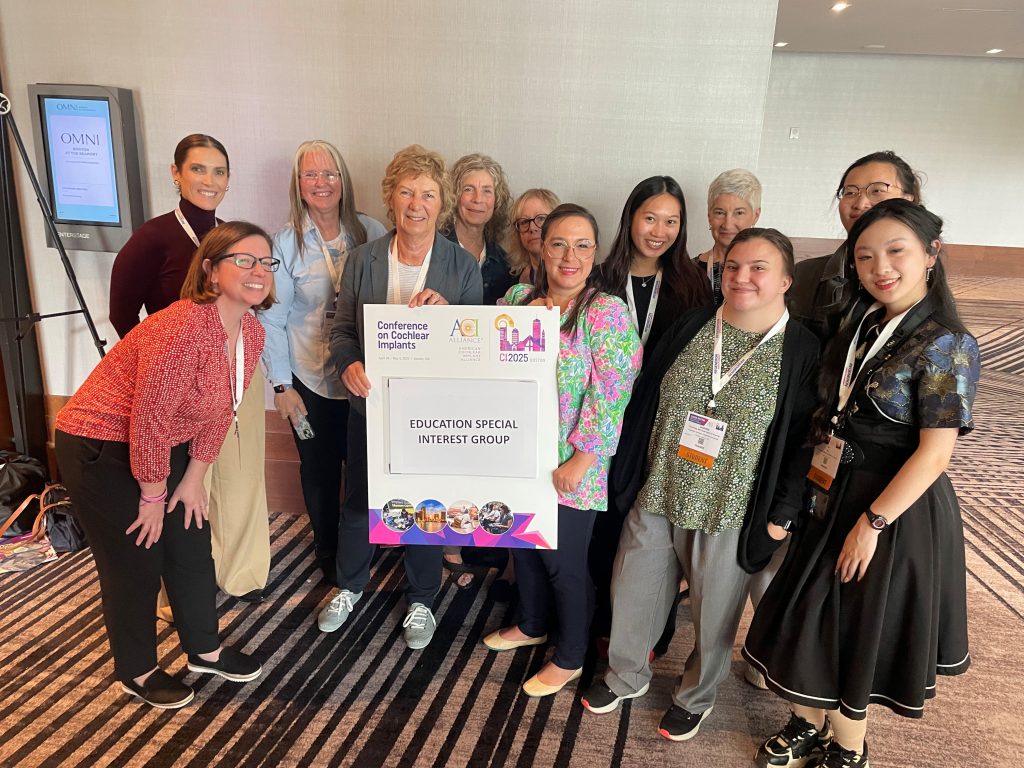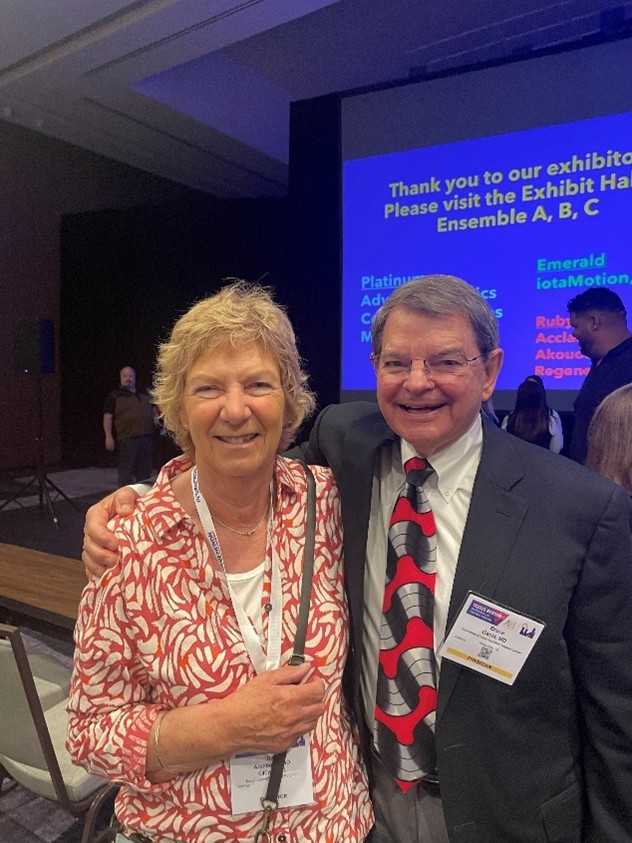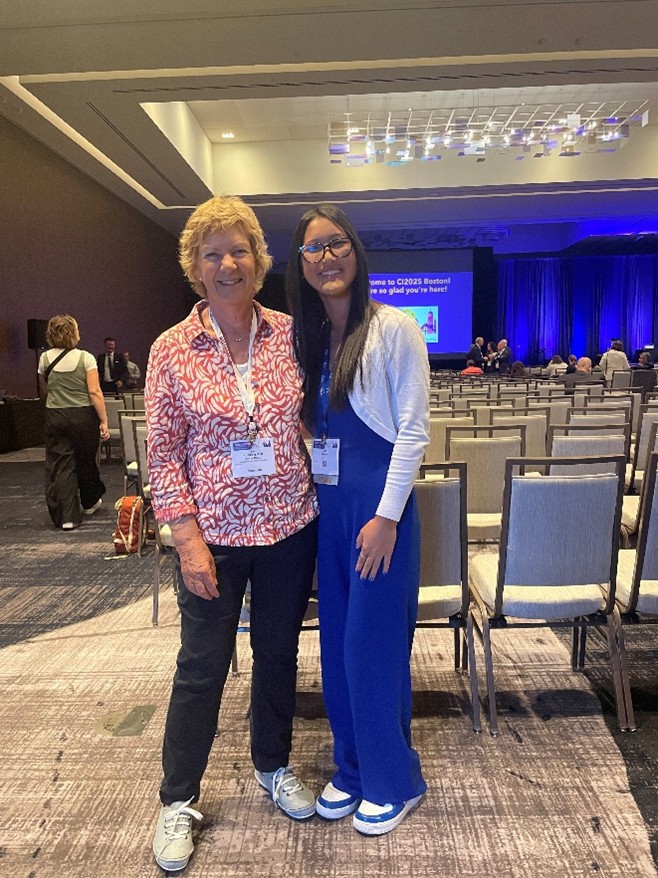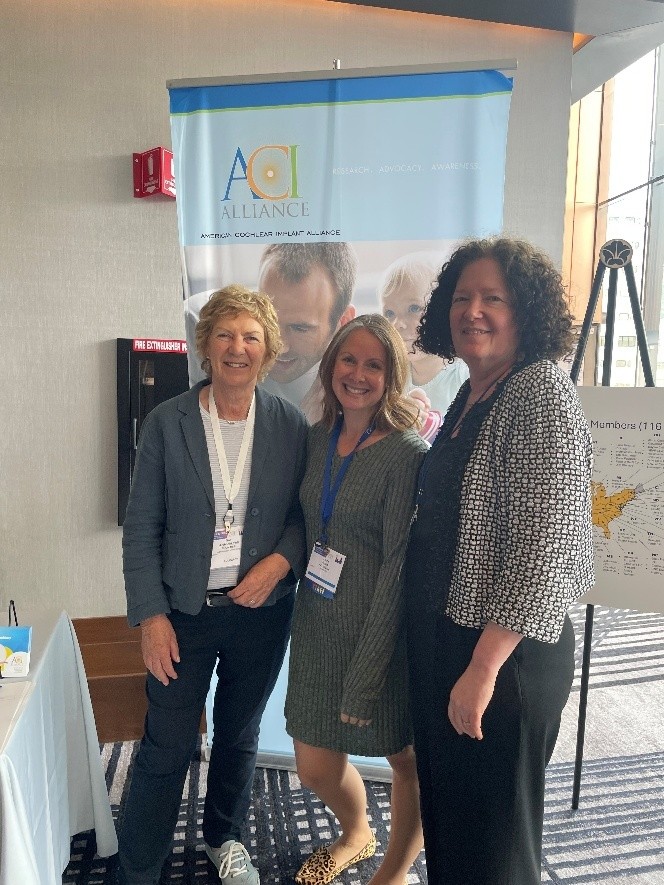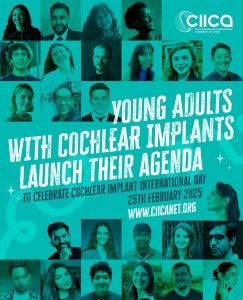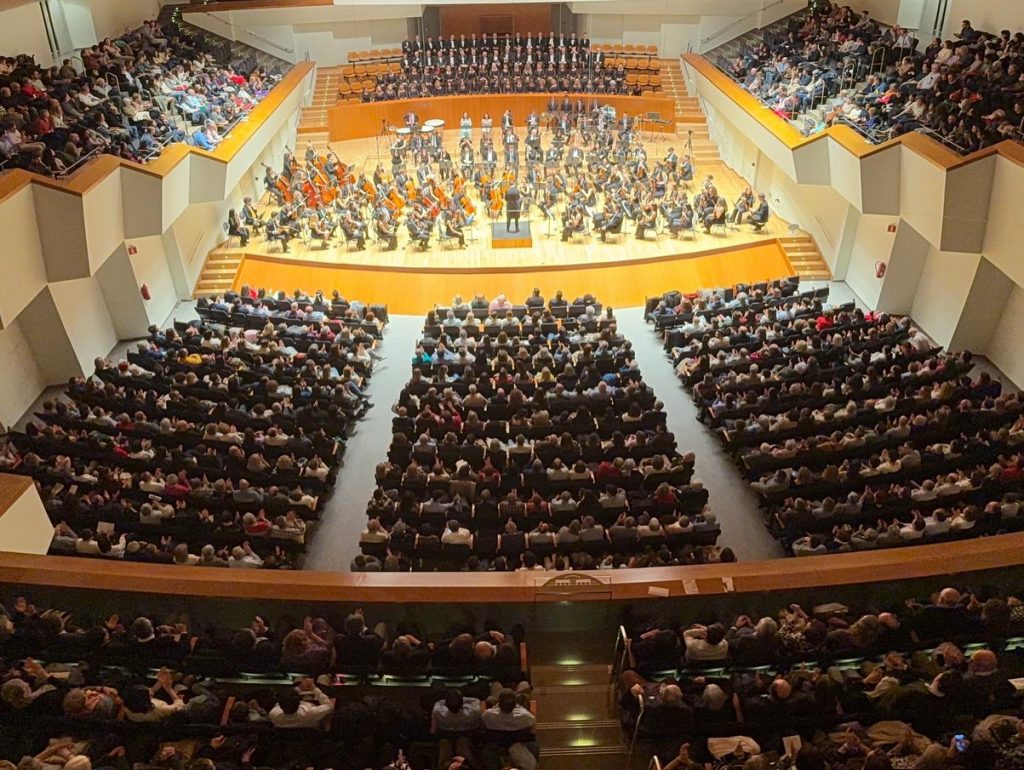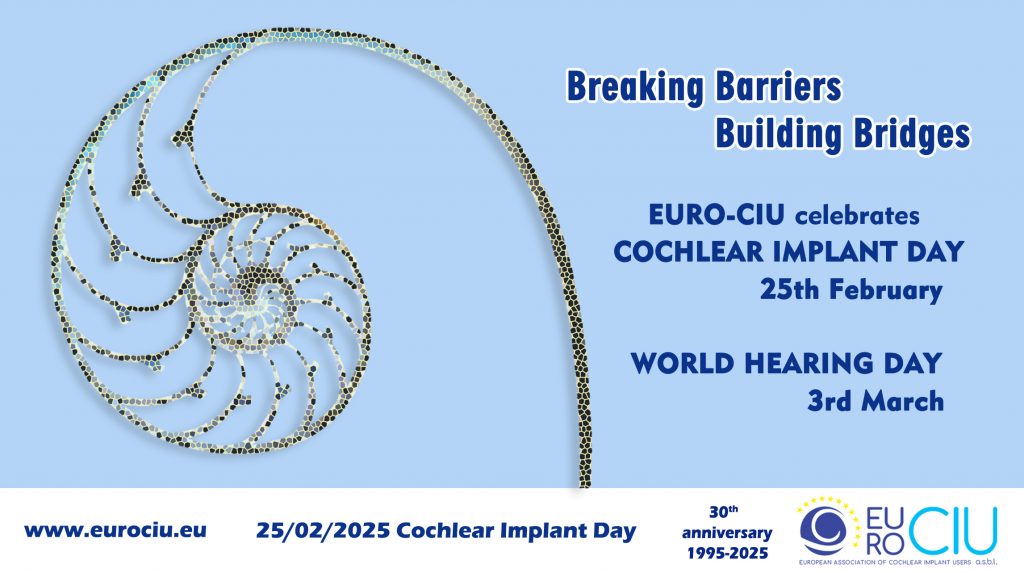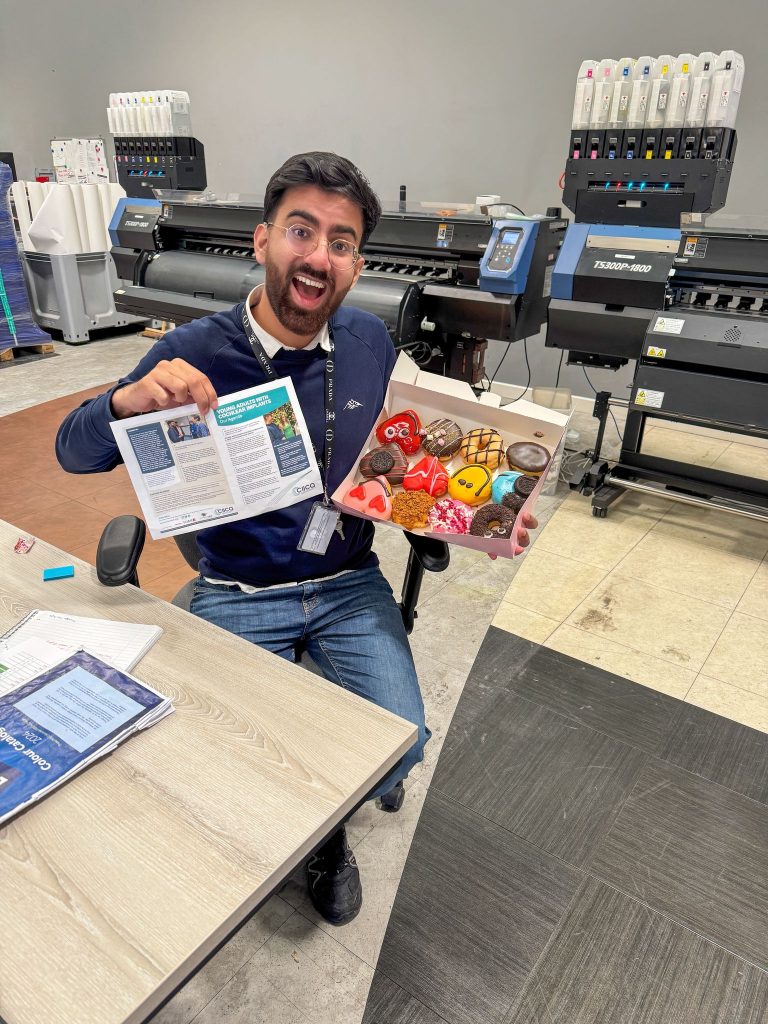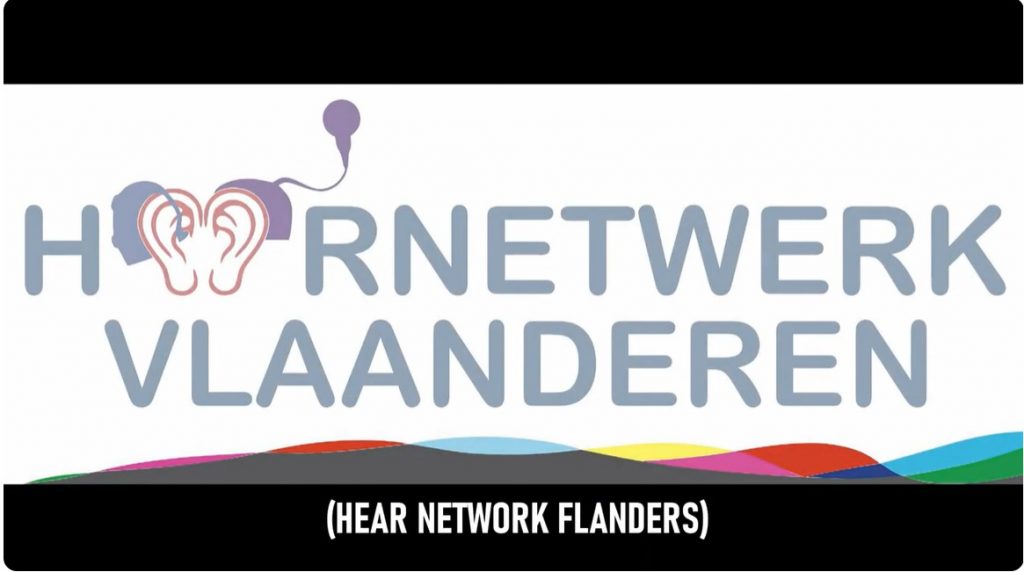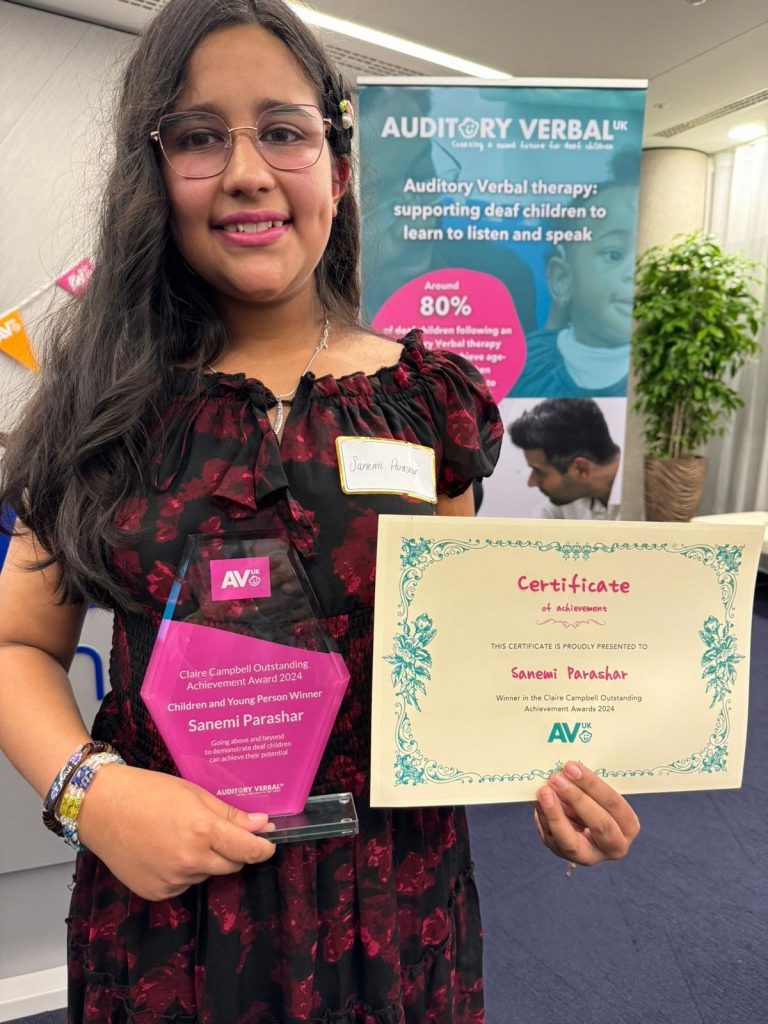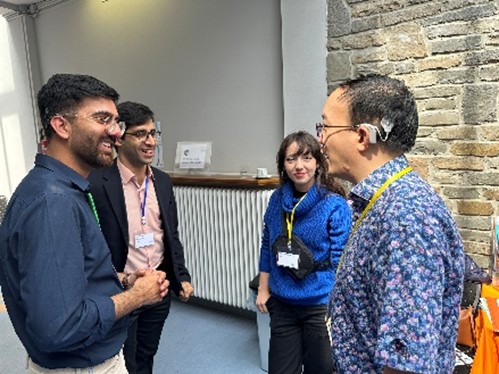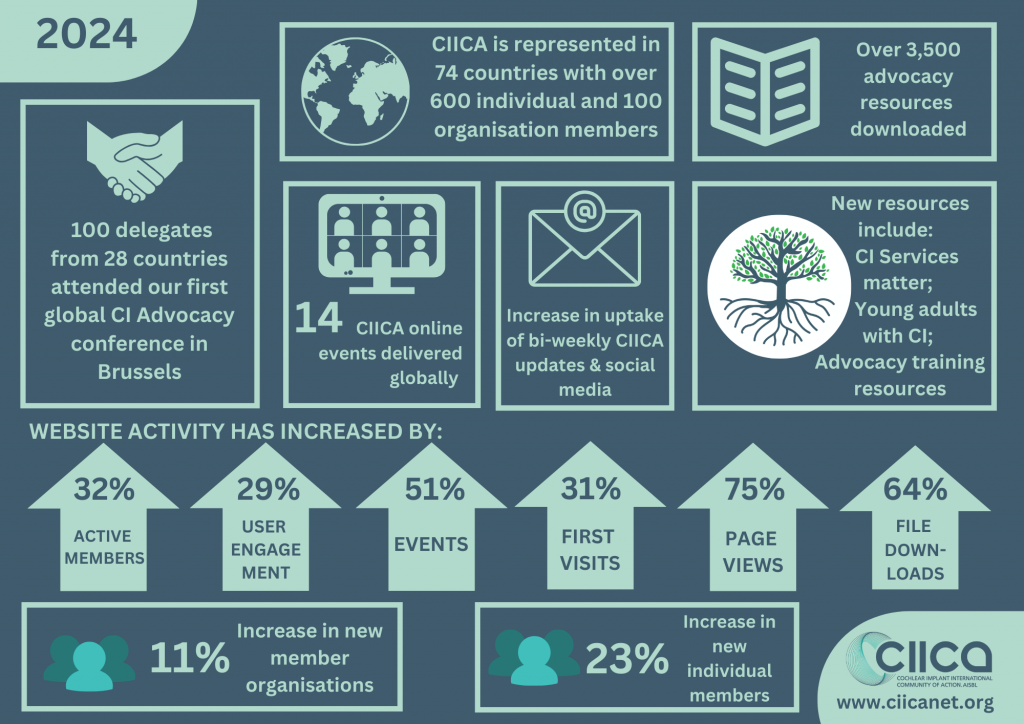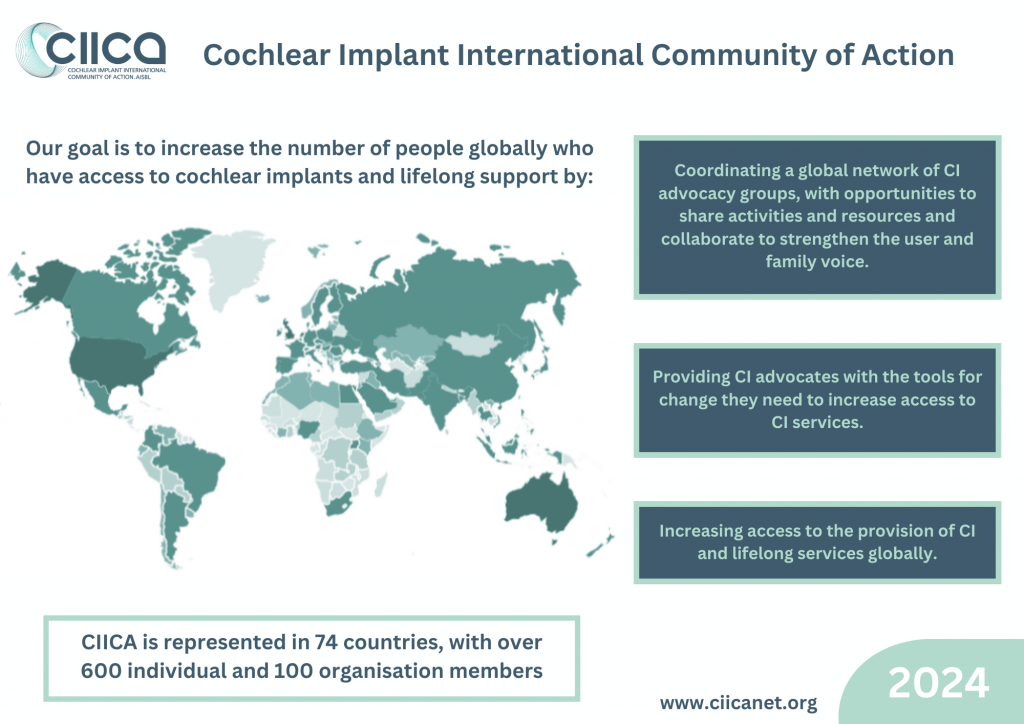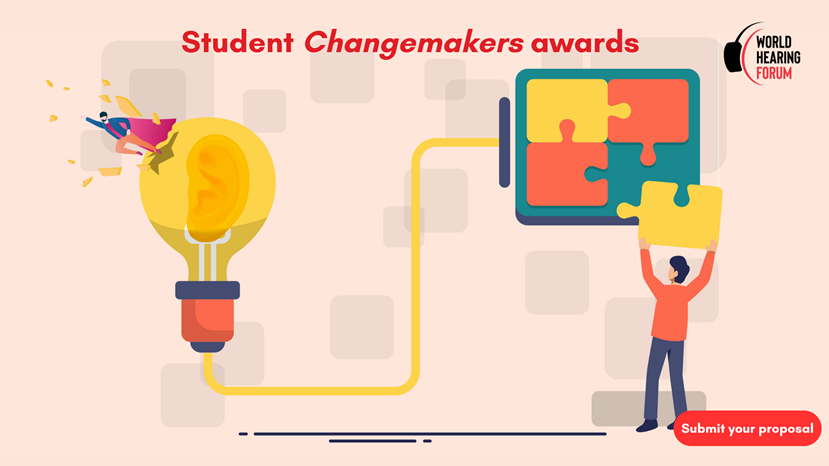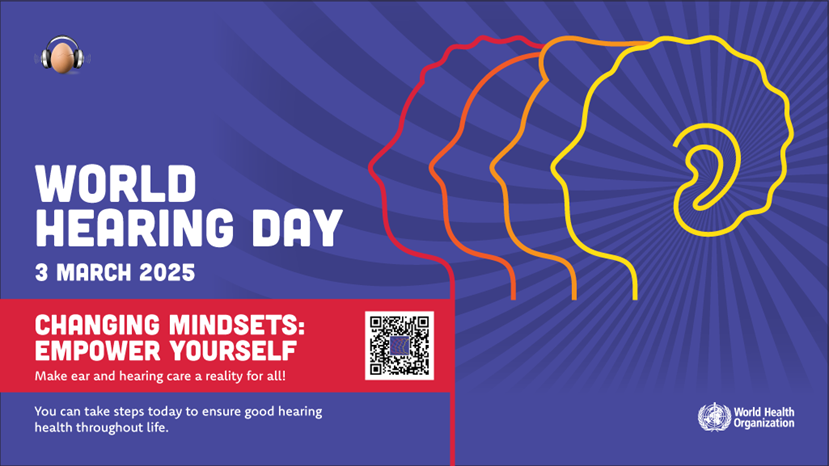Celebrating International CI Day & CIICA’s 5th Birthday!
Hearing Matters Whatever Your Age!
EURO-CIU began International CI Day in 2009 to commemorate the first CI on February 25, 1957 in France. Since 2009, this day has been celebrated all over the world, raising awareness about the life-changing impact of cochlear implants for individuals with severe to profound hearing loss. On International Cochlear Implant Day 2026, we recognise the life-changing impact of cochlear implants worldwide. Access to hearing care is access to connection, education, and opportunity. CIICA remains committed to advancing equitable access, informed choice, and lifelong cochlear implant care worldwide.
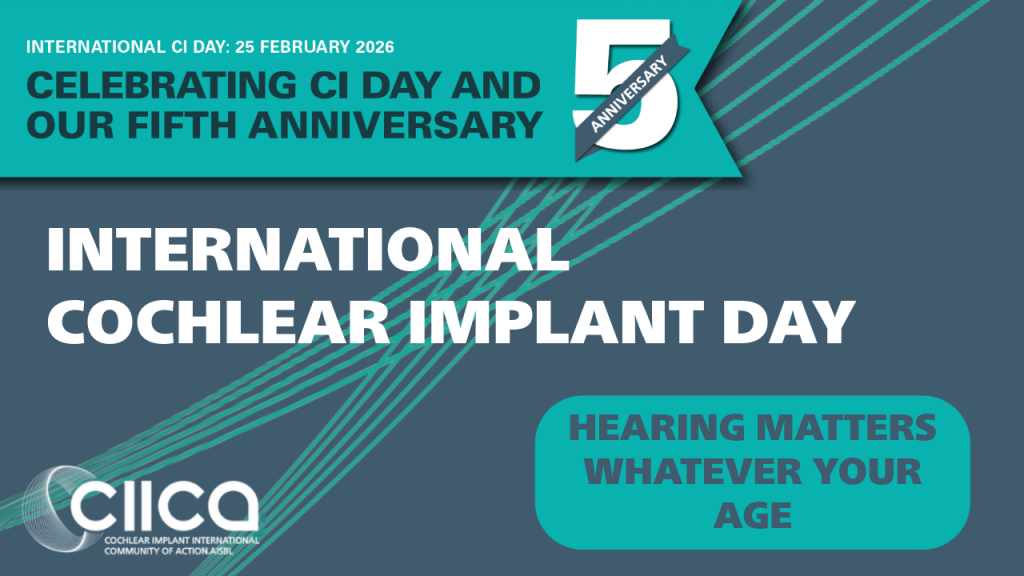
It’s also CIICA’s fifth birthday!
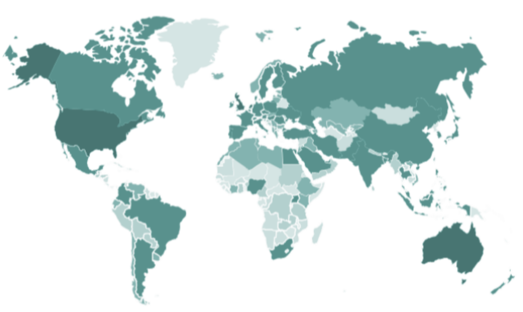
Reflecting on the past year, one thing is clear, the global CI community is stronger, more connected and more active than ever. We now have over 700 individual members across 76 countries worldwide.
This year, we are celebrating by launching our report “Adult Hearing Screening: Why Wait?” Download and share this much needed review of this topic.
If this was picked up sooner, there would be such an improvement to people’s quality of life. I know of so many people who clearly have got hearing loss but won’t ask their GP for a referral. If screening was available many of these people would attend, as it would be seen as something that everyone is offered. Hearing loss at any level causes such upset and depression in people and their families. Once diagnosed it gives a person a chance to come to terms with wearing aids and meeting others in a similar situation. I found it takes a long time to admit deafness and be open about it. An adult with hearing loss, Quoted in Lamb & Archbold 2016).
Also introducing our new project: Parents’ Voices in Low & Middle Income Countries : so far 67 parents’ stories from 16 countries.
